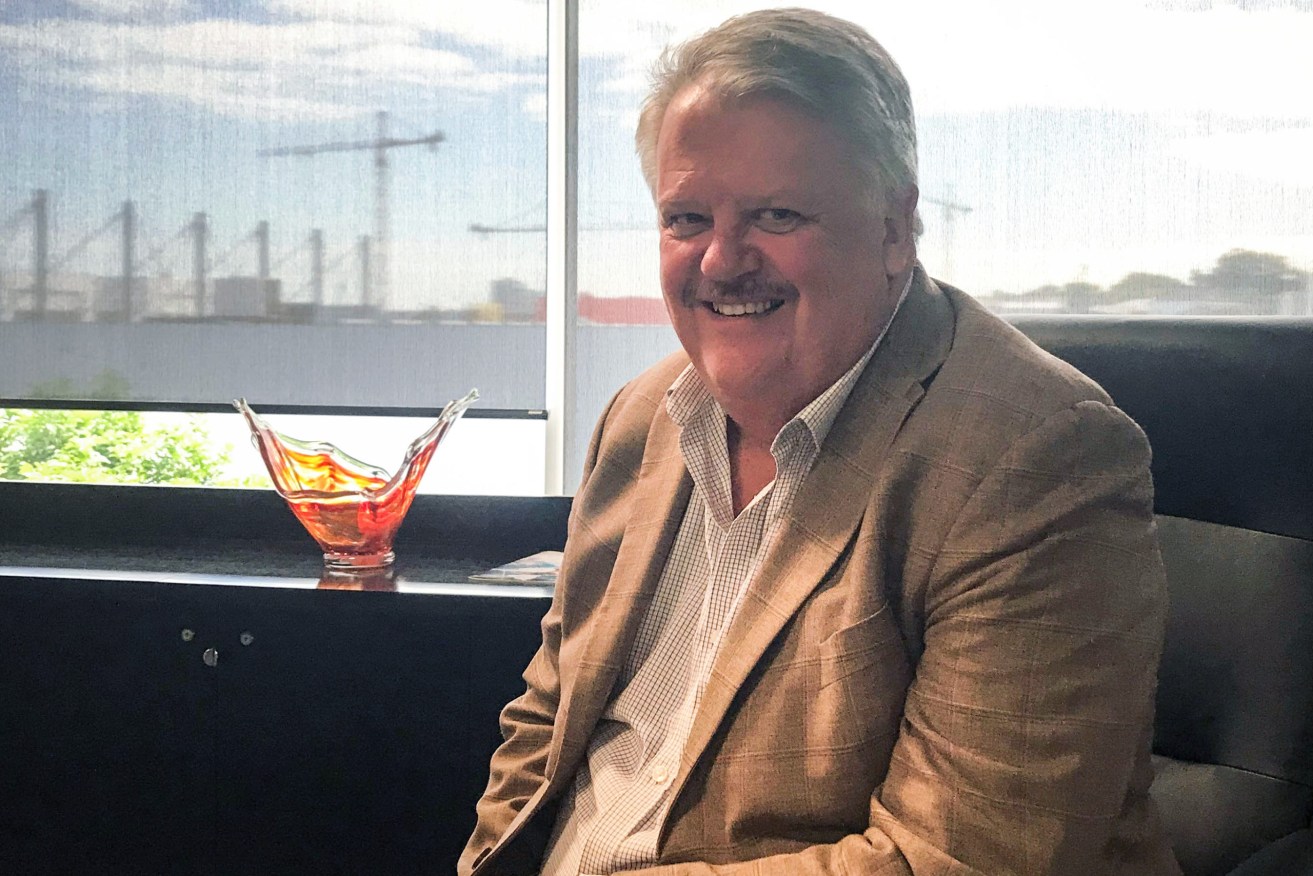Sitting pretty – election delivers smallest turnover of mayors in a generation
COVID-19 anxiety appears to have suppressed Queensland’s appetite for change in the latest local government poll.


Local Government Association of Queensland CEO Greg Hallam says voters have endorsed experience.
Queensland voters have returned more sitting mayors than at any other time in a generation, prioritising experience and stability as local councils embark on a COVID-19 job-creation battle plan.
With all but three councils now decided from the March 28 poll, current counting will see just 16 per cent of sitting mayors, outside the indigenous councils, dumped in favour of new candidates.
As of today, three contests remain undeclared, with vote counting still under way in the southeast councils of Logan and Moreton and Yarrabah Aboriginal Council east of Cairns.
Several mayoral contests went down to the wire, including Noosa, Barcaldine and Livingstone near Rockhampton, where voters all elected new candidates by small margins.
Local Government Association of Queensland CEO Greg Hallam said the low turnover was half of what voters delivered in the previous poll of 2016 and follows a turbulent time for the sector that has seen corruption probes and elected officials sacked for misconduct or jailed.
Hallam said voters still had overwhelming trust in their local councils to deliver services, despite the attention-grabbing scandals that had plagued Ipswich, Logan and Moreton councils in recent years.
“The last two elections we saw really big turnovers – 40 per cent in 2016 and 60 per cent in 2012 after amalgamation,” he said.
“If you come down the coast, every mayor of every major provincial city is still there and, in the southeast, apart from Noosa, every mayor has retained their job.
“We did a survey before Christmas that showed Queenslanders were largely satisfied with their councils, although I will admit that COVID-19 has also helped drive that vote toward retaining candidates who are trusted and familiar.
“Local government has a great track record in looking after people in times of disaster, whatever that disaster is, and this result backs that up.”
While Hallam is upbeat on the results confirmed so far, he remains frustrated by the delays in counting.
“We’ve been very patient and respectful of the process but it beggars belief that we’re now 23 days past the polling day and we don’t have a final result,” he said.
“And not all of this can be attributed to the high number of postal votes because of coronavirus. There was 200 fewer candidates than what we had last time and there were 15 mayors elected unopposed.
“When all this is over, we should have a serious look at how the workload has been approached.”
Getting councils fully operational as quickly as possible will become an urgent priority with the local government sector proposing to the State Government a jobs plan for workers hard hit by public health measures to close businesses in combating COVID-19 infection rates.
LGAQ president Mark Jamieson said the $608 million Battleplan for Queensland Local Communities would create more than 14,000 jobs statewide.
The plan includes:
- Jobs Recovery Program: A $200 million statewide job creation program modelled on the Works for Queensland initiative to support more than 8000 jobs, with $100 million earmarked for the state’s southeast.
- Green Army:A 3000-strong workforce focused on protecting and improving the environment across the state for the benefit of critical sectors such as agriculture and tourism.
- Local Government Apprenticeship and Traineeship Guarantee: Providing 800 new or displaced workers with a guaranteed pathway to gain critical experience and skills.
“Funding this package will enable local governments to kickstart hundreds of community-building programs to create jobs and provide essential local economic stimulus in our communities,” Jamieson said.
Jamieson said councils stood ready to partner with the Palaszczuk Government to roll out a range of stimulus measures that would enable crucial jobs to be created within months.
“Councils are already on the frontline and have been doing what they can to support vulnerable households and businesses through a wide range of initiatives, such as not pursuing outstanding rates, waiving certain fees and charges and accelerating payments to local suppliers to keep money circulating in the community,” he said.
“Councils are playing an important role in the local disaster responses, maintaining essential public health services like safe drinking water and rubbish collection. At the same time, they are working hard to sustain their 40,000-strong local government workforce – all critical to supporting local economies and communities.
“The Commonwealth, the level of government best resourced to ensure local government is properly funded to meet demand during this crisis, has knocked back a request to include councils in its JobKeeper program and, in doing so, has made our task that much harder.
“Councils are now seeking to work with the State to fill some of that gap.
“We believe there is a crucial role councils can play in supporting a community-led recovery. Councils can ensure economic stimulus gets to where it is most needed to enable us to get through this crisis and come through the other side, stronger than before.
“We have already shown how effective local government can be as a job generator when we partner with the State through the successful Works for Queensland program.
“We are putting on the table real options that can be implemented straight away.
“Real options that will provide value, hope and opportunity for many who have been hurt badly during this pandemic.
“We must look ahead to the next phase in this crisis, but we cannot do it alone.
“By working together, the State and councils can ensure Queenslanders weather this COVID-19 storm and emerge from it in the strongest position possible.”
Jamieson said the LGAQ would continue to lobby the Commonwealth to play its part through initiatives like boosting Financial Assistance Grants by $2 billion nationally.








